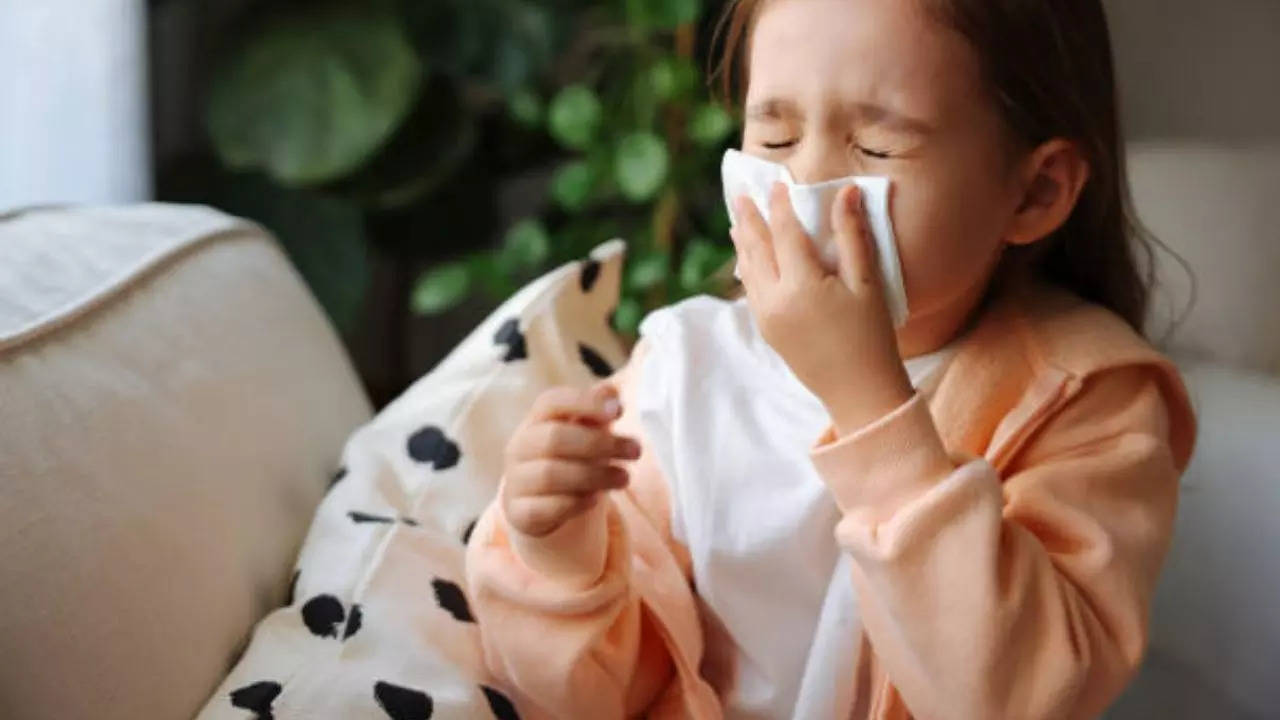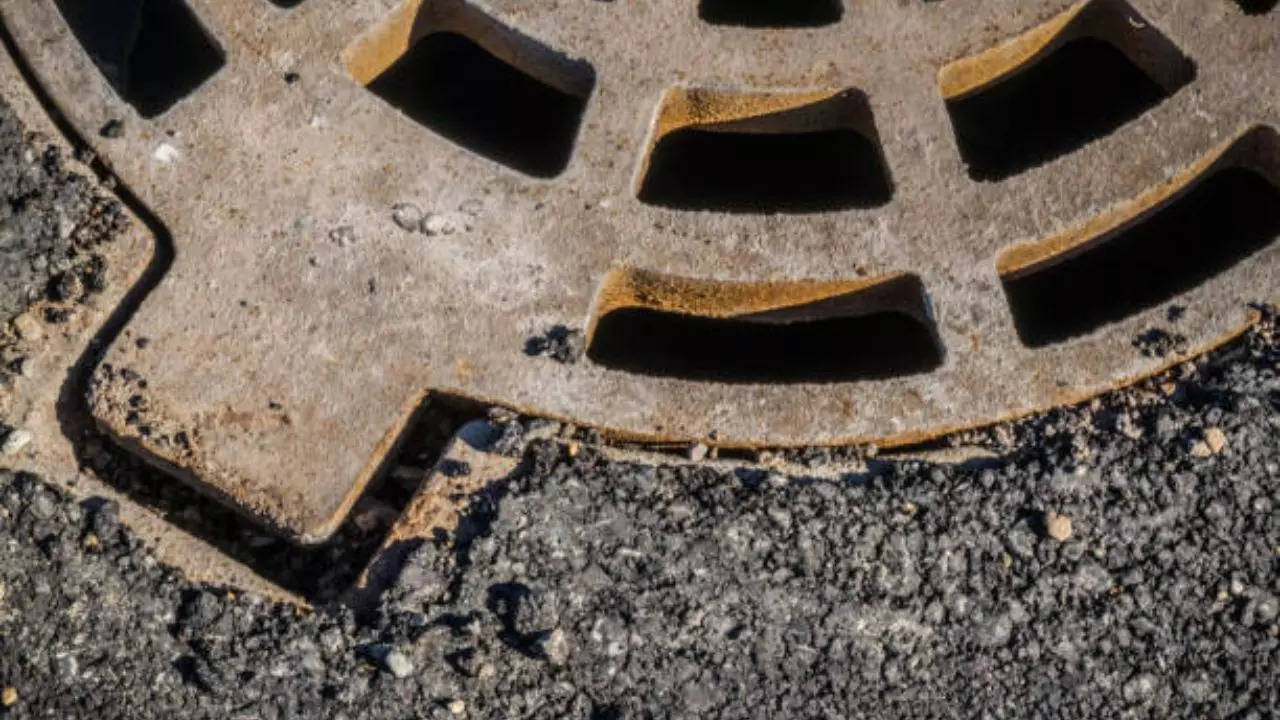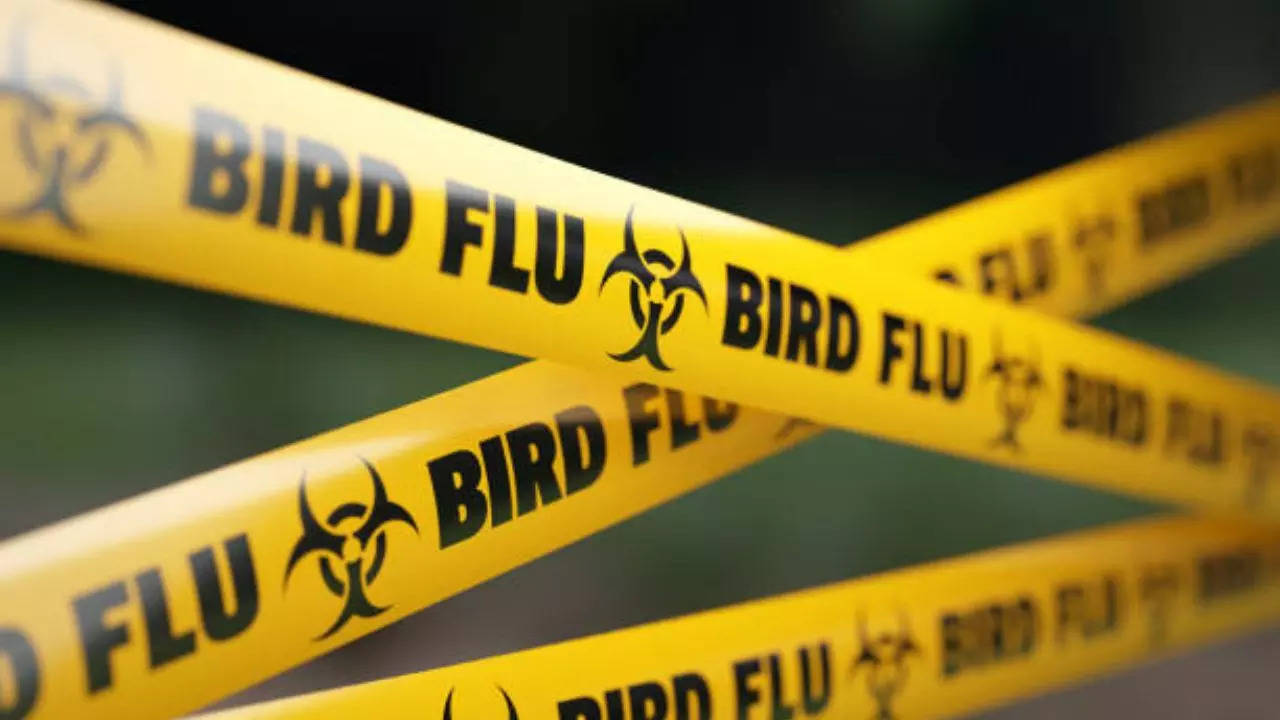
A few over-the-counter cold and flu medicines could significantly raise the risk of febrile seizures in young children, a concerning study has revealed. According to scientists in South Korea, data analyzed on kids who had visited an emergency department with a seizure found that those prescribed medications, dubbed 'first generation' antihistamines' were 22 per cent more likely to suffer the medical episode.
Doctors say a seizure is abnormal electrical activity in your brain which leads to changes in awareness and muscle control. It also causes symptoms that affect your behavior and senses.
The findings also highlighted the need for caution when prescribing antihistamines to kids younger than two years of age. "Despite reduced therapeutic use owing to their poor selectivity and interactions with other receptors, these drugs are still widely used for managing rhinorrhea (a runny nose) in the common cold or to control an itching sensation in children,” researchers from the CHA University School of Medicine in South Korea, wrote.
Related News | 
US Government Report Says Fluoride Levels In Water Twice The Recommended Limit; Linked To Lower IQ Levels

Delhi Man Gets Seizure Attack, Dies After Falling Into Drain In Paschim Vihar
“Because first-generation antihistamines can cross the blood-brain barrier, their effects may extend beyond somnolence and drowsiness to markedly influence brain wave activity. Thus, caution is advised when prescribing these antihistamines to children younger than two years, an age group for whom drug safety data are lacking, and first-generation antihistamines are generally not recommended," they added.
What are first- and second-generation antihistamines?
According to experts, those cold and flu medicines taken at night often contain first-generation antihistamines, first developed in the 1940s and 50s – making you sleepy as they pass easily from the blood to your brain. On the other hand, second-generation ones do not make you drowsy.
Related News | 
Odisha Begins Culling Birds After Avian Flu Outbreak; Know The Symptoms And Ways To Prevent It
Antihistamines are used to relieve symptoms of allergies – and some can even help relieve a runny nose and sneezing. Doctors say these medicines decrease the production of histamine – a substance that causes a runny nose, watery eyes, and sneezing when you are down with flu.
The study
According to the study, researchers identified 11,729 children – all born between 2002 and 2005, who had seizures. Of these, more than 3,000 had taken antihistamines in the period before a seizure, suggesting the drugs increased the risk. A third – more than 30 per cent of seizures observed were in children between six months old and two years of age, and less than half – 45 per cent were in those just over two to six years.
The scientists also found children were also most at risk if they had been prescribed the drugs up to 15 days before.
“The benefits and risks of antihistamine use should always be carefully considered, especially when prescribing H1 antihistamines to vulnerable infants,” researchers wrote. “Further research is needed to elucidate associations between antihistamine prescriptions and seizure risk,” they added.

